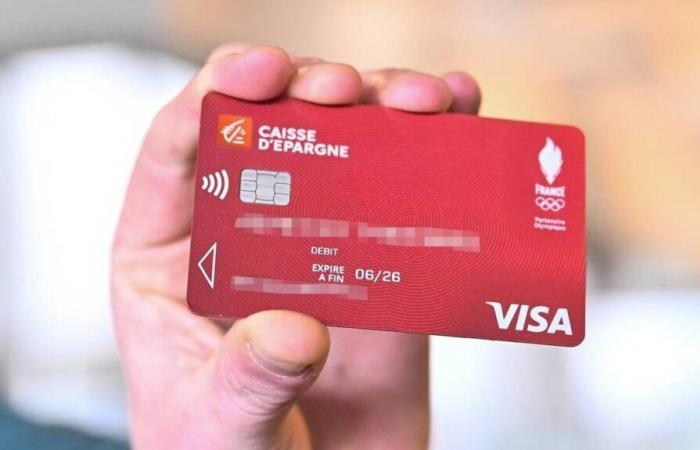Article premium,
Reserved for subscribers
The merger between Caisse d’Épargne Normandie and Hauts-de-France is abandoned. It is replaced by “an alliance”. The president of the Normandy Region, Hervé Morin, who had positioned himself against it, is delighted.
close
-
The proposed merger between Caisse d’Épargne Normandie and Hauts-de-France is abandoned. Illustrative photo. | VINCENT MICHEL ARCHIVES / WEST-FRANCE
“Very good news this morning. The supervisory board of Caisse d'Épargne de Normandie voted almost unanimously against the proposed merger with Hauts-de-France. » Hervé Morin, president of the Normandy Region, confirms in this message published on







